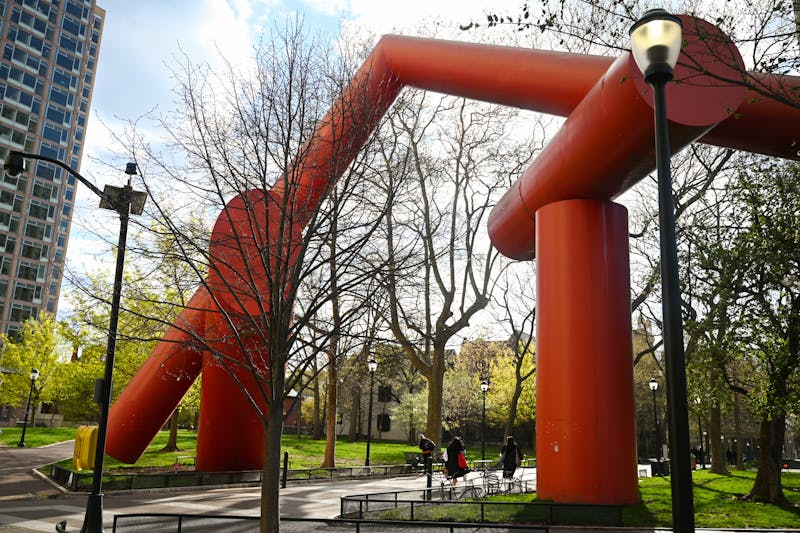The New York Times Education Editor Edward Fiske told an audience of about 35 students yesterday afternoon that a liberal arts education is worth its high cost. Fiske, who is currently working on a book and edits the Times's weekly education section, was the keynote speaker for the Student Committee on Undergraduate Education's fourth annual education week. In his speech, Fiske, noted for his Fiske Guide to Colleges, emphasized the importance of the liberal arts now compared to its value in the 1960s. "We are coming out of the time of pragmatism and rampant vocation," he said. Fiske noted that in the 60s, the baby boom made competition for admission into colleges and for jobs fierce, but he said that the trend of students searching for short-cuts to finish college and get jobs quickly is changing. "Colleges are a lot less competitive now than they were, and students don't have to be as driven," he said. "The situation is changing demographically." Because of the change in demographics, with the grandchildren of the baby boom approaching school age, there will be an abundance of job openings in the teaching profession, Fiske said. He said that regardless of the cost, the college investment is well worthwhile, adding that there is undoubtedly "an economic return." He said a liberal arts education and a broad-based curriculum teaches people necessary skills to succeed. Students with this backgroud learn the ability to think, and not simply to memorize, Fiske said. "CEO's are surrounded in their executive suites by liberal arts graduates," he said. But one problem Fiske pointed to was the problem of access to higher education, saying that many people are not able to benefit from the liberal arts, producing an "educationally polarized country." The education editor said students in liberal arts schools are not necessarily in prime situations either because some colleges do not follow a liberal arts regimen. "Liberal arts as we understand it doesn't always exist," Fiske said. "Academic departments are not always in practice committed to [providing a] liberal arts education." Audience members praised Fiske's address, saying that he provided welcomed support for the humanities. "His perspective on the liberal arts education was very interesting," College sophomore Jim Stewart said. "I didn't realize that it prepares you for a broader range of skills." "[Fiske's] innovation into the curriculum are challenges to this university that we must look into," added Wharton junior and SCUE Chairperson David Kaufman. And SCUE outgoing Chairperson Gwen Campbell said she felt that the speech "was particularly relevant to Penn because of our general requirements, which are politically convenient."
The Daily Pennsylvanian is an independent, student-run newspaper. Please consider making a donation to support the coverage that shapes the University. Your generosity ensures a future of strong journalism at Penn.
DonatePlease note All comments are eligible for publication in The Daily Pennsylvanian.








